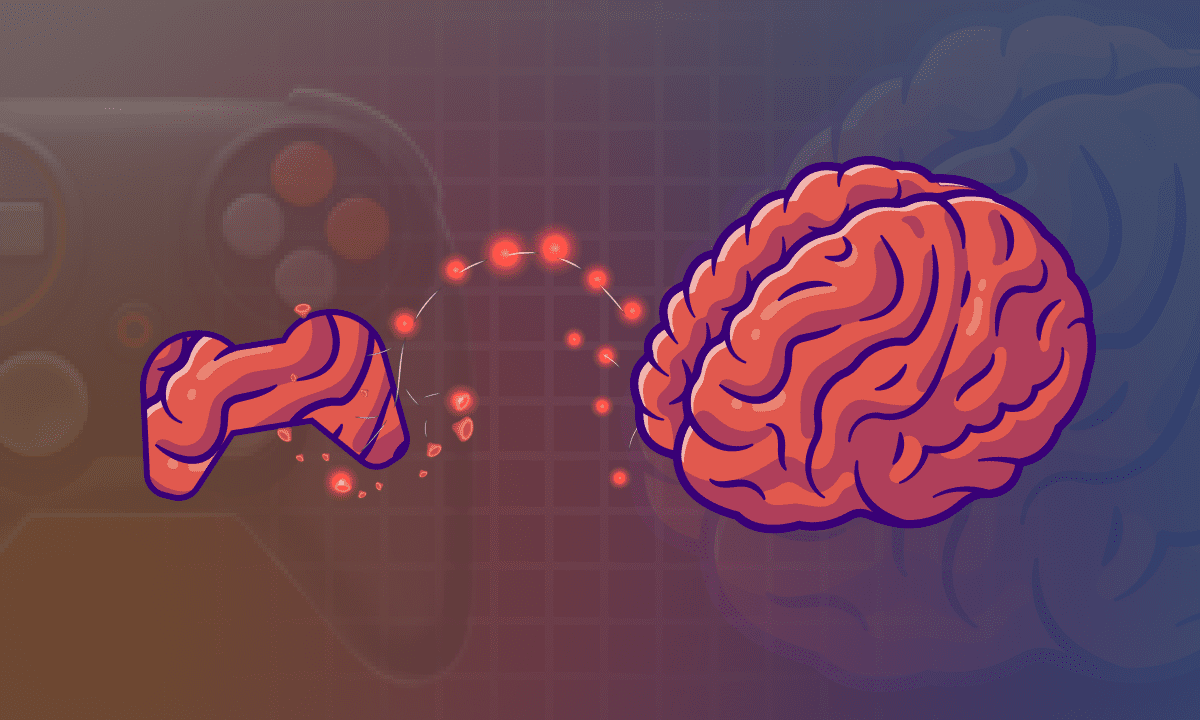In today’s fast-paced digital age, digital games have become more than just a form of entertainment. Their impact on cognitive skills and learning is increasingly evident, shaping the way we think and learn. Let’s delve into the fascinating world of digital games like banger casino and explore how they are influencing our minds for the better.
The Power of Problem-Solving
One of the key ways digital games impact cognitive skills is through enhancing problem-solving abilities. Games often present players with complex challenges that require strategic thinking and quick decision-making. As players navigate through various levels, they sharpen their problem-solving skills by devising creative solutions to overcome obstacles.
Improved Concentration and Focus
Have you ever found yourself fully immersed in a game, oblivious to the world around you? This heightened state of concentration is a common byproduct of gaming. Digital games demand players to stay focused on the task at hand, improving their ability to concentrate for extended periods. This heightened focus can translate into improved attention spans in other areas of life, such as work or academics.
Learning Through Gamification
The concept of “gamification” has revolutionized the learning landscape. Many educational platforms now incorporate game elements to make learning more engaging and enjoyable. Through interactive challenges, quizzes, and simulations, students can grasp complex concepts in a way that feels like play rather than traditional learning. This approach not only enhances understanding but also fosters a positive attitude towards acquiring new knowledge.
Enhancing Memory Retention
Memory is a crucial aspect of learning, and digital games provide an effective means of enhancing memory retention. Whether it’s remembering the layout of a virtual world or recalling specific instructions to complete a mission, games continually exercise and strengthen memory-related functions. This can have a positive spill-over effect in real-life scenarios, aiding in academic pursuits and daily tasks.
Social Learning and Collaboration
Many digital games are designed with multiplayer features, encouraging social interaction and collaboration. Players often communicate and strategize with teammates to achieve common goals. This fosters teamwork, communication skills, and the ability to work collectively towards a shared objective. These social aspects of gaming contribute positively to the development of interpersonal skills, an essential aspect of cognitive growth.
In conclusion, the impact of digital games on cognitive skills and learning is substantial and multifaceted. From honing problem-solving abilities to fostering social learning, these games offer a unique and engaging approach to intellectual development. As we continue to unlock the potential of digital gaming, it’s clear that the benefits extend far beyond the realm of entertainment, leaving a lasting impact on the way we think and learn. So, the next time you pick up a controller, remember – you might just be leveling up your mind along the way!

